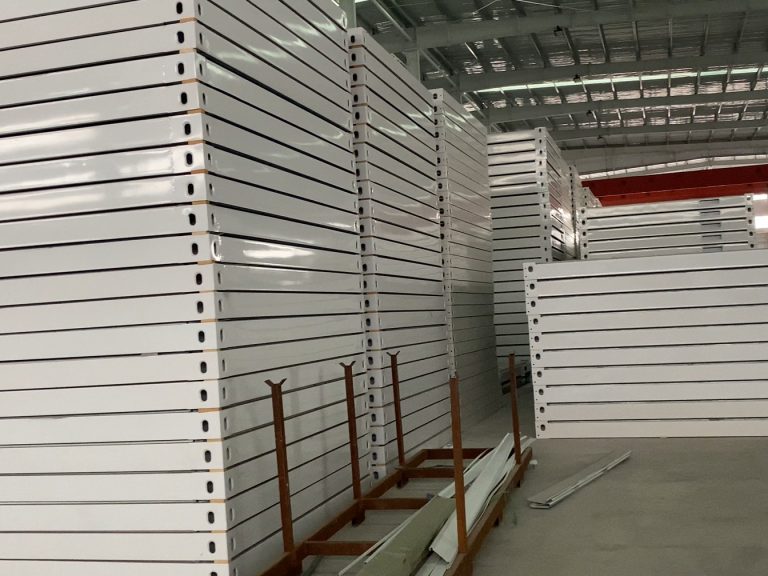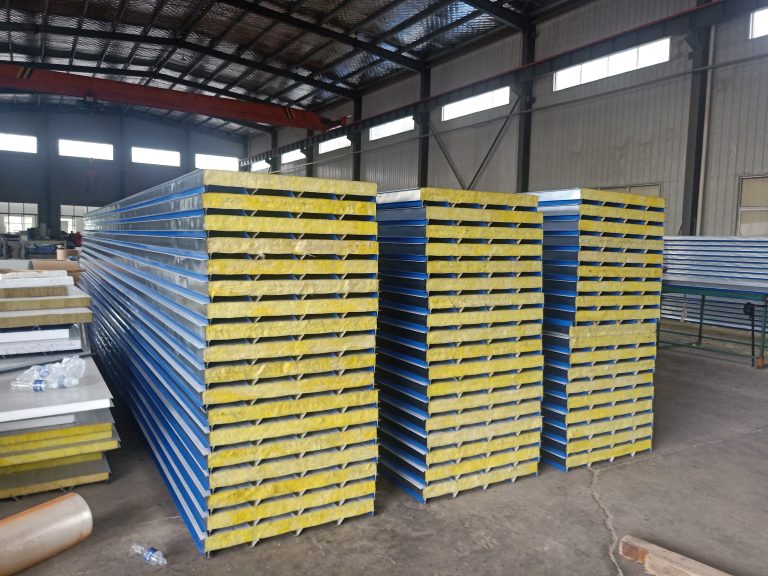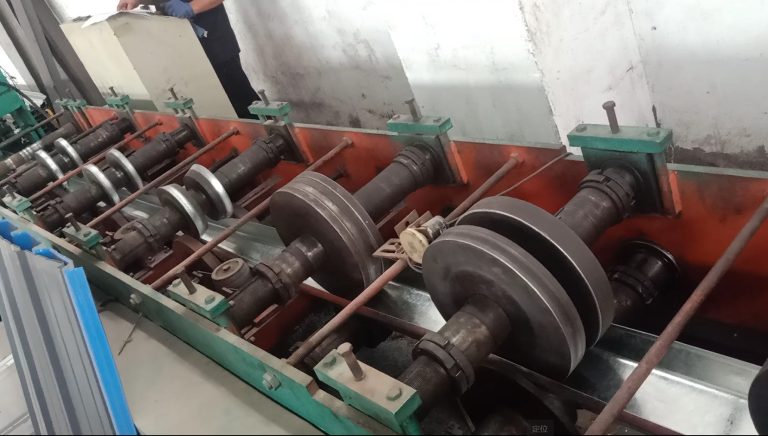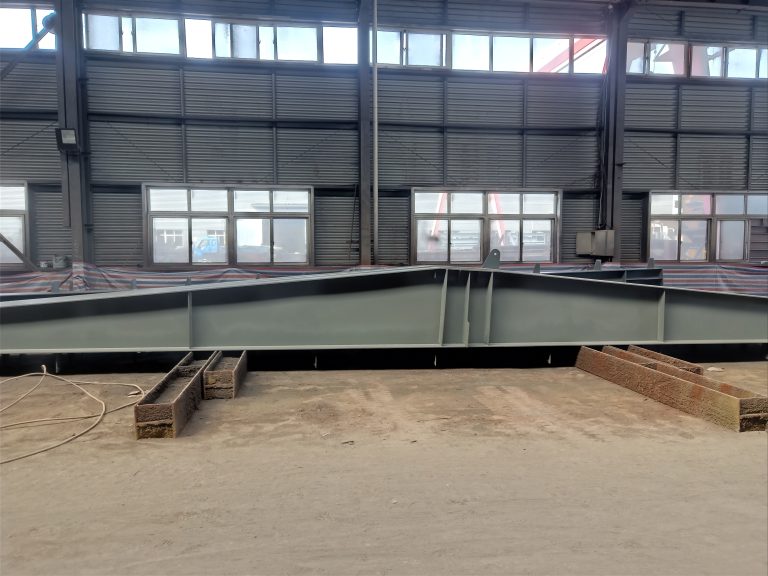Table of Contents
The Impact of Stricter Emission Standards on Steel Production
The steel industry is a major contributor to global emissions of greenhouse gases and other pollutants. As a result, governments around the world have implemented stricter environmental policies and regulations to reduce the industry’s impact on the environment. These regulations aim to limit emissions of pollutants such as sulfur dioxide, nitrogen oxides, and particulate matter, as well as greenhouse gases like carbon dioxide.
One of the key ways in which governments are seeking to reduce emissions from the steel industry is by imposing stricter emission standards. These standards set limits on the amount of pollutants that steel plants are allowed to release into the atmosphere. By enforcing these limits, governments hope to reduce the industry’s impact on air quality and public health.
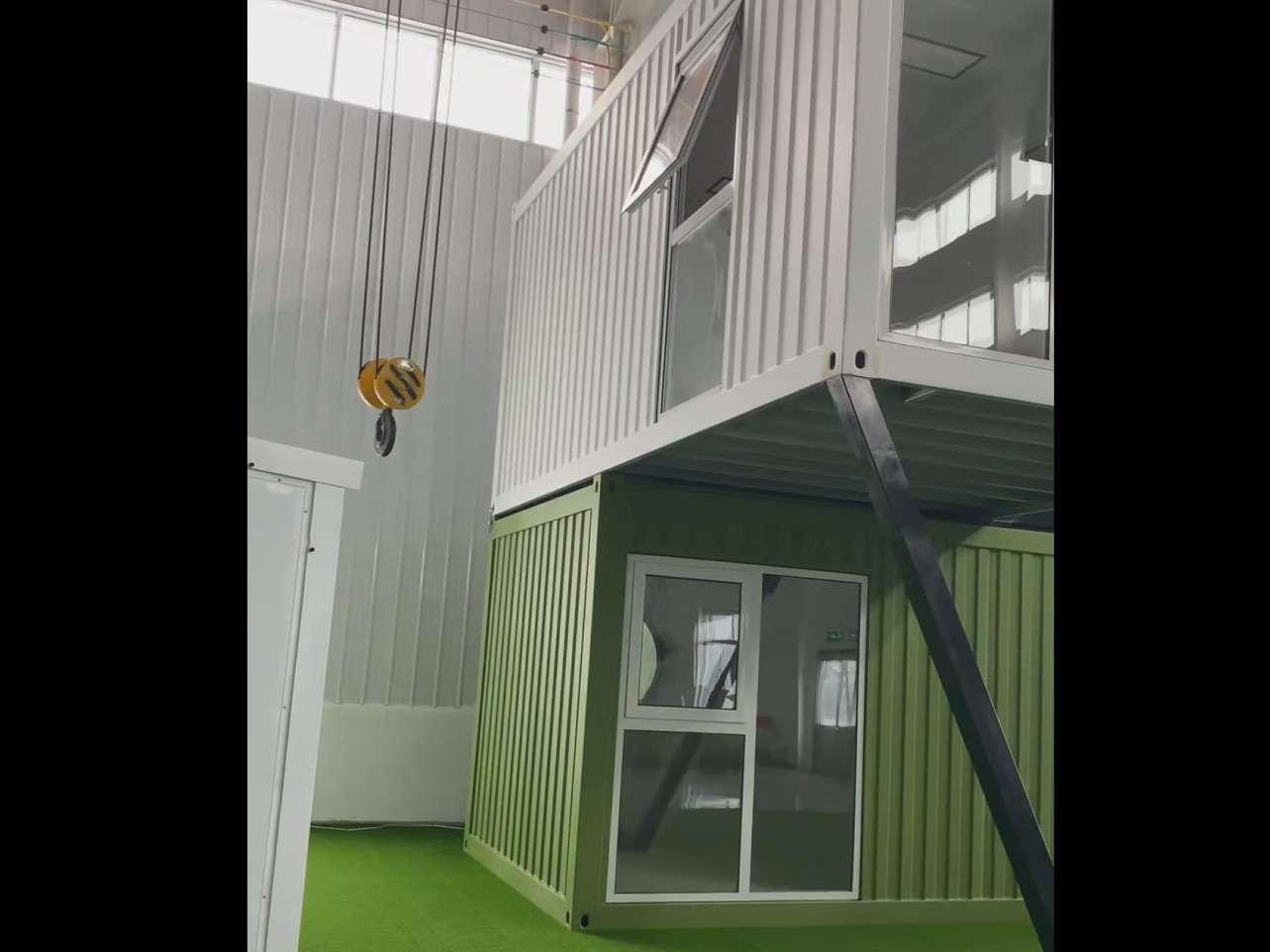
However, stricter emission standards can have a significant impact on steel production. In order to comply with these standards, steel plants may need to invest in new pollution control technologies or make changes to their production processes. These changes can be costly and may require significant time and resources to implement.
Despite these challenges, many steel producers are recognizing the importance of reducing their environmental impact. In addition to complying with government regulations, some companies are taking proactive steps to reduce their emissions even further. This may involve investing in cleaner technologies, improving energy efficiency, or using alternative fuels.
In some cases, stricter emission standards have led to the closure of older, less efficient steel plants. While this can be a difficult decision for both companies and communities that rely on these plants for jobs and economic activity, it is often necessary in order to protect the environment and public health. In the long run, closing outdated facilities can help to modernize the industry and make it more sustainable.
In addition to emission standards, governments are also implementing other regulations to reduce the environmental impact of the steel industry. For example, some countries have introduced carbon pricing mechanisms, such as carbon taxes or cap-and-trade systems, to incentivize companies to reduce their greenhouse gas emissions. These mechanisms create a financial incentive for companies to invest in cleaner technologies and reduce their carbon footprint.
Another important aspect of environmental regulation for the steel industry is the management of waste and byproducts. Steel production generates a significant amount of waste, including slag, dust, and other materials. Governments are implementing regulations to ensure that this waste is properly managed and disposed of in an environmentally responsible manner.
Overall, stricter environmental policies and regulations are having a significant impact on the steel industry. While these regulations can pose challenges for companies, they are also driving innovation and encouraging the industry to become more sustainable. By investing in cleaner technologies and improving their environmental performance, steel producers can help to protect the environment and public health for future generations.
Implementing Sustainable Practices in Steel Manufacturing
The steel industry is a major contributor to global greenhouse gas emissions and environmental degradation. As a result, there has been increasing pressure on steel manufacturers to adopt sustainable practices and reduce their environmental impact. In response to this, governments around the world have implemented various environmental policies and regulations to regulate the steel industry and promote sustainability.
One of the key environmental policies that steel manufacturers must comply with is the Clean Air Act. This legislation sets limits on the amount of pollutants that can be emitted into the atmosphere, including sulfur dioxide, nitrogen oxides, and particulate matter. Steel manufacturers are required to install pollution control equipment, such as scrubbers and filters, to reduce emissions and protect air quality. Failure to comply with the Clean Air Act can result in fines and penalties for non-compliance.
In addition to the Clean Air Act, steel manufacturers must also adhere to the Clean Water Act, which regulates the discharge of pollutants into water bodies. Steel manufacturing processes can generate wastewater containing heavy metals and other harmful substances, which can contaminate rivers, lakes, and oceans. To prevent water pollution, steel manufacturers must treat their wastewater before discharging it into the environment. They may also be required to monitor water quality and report their findings to regulatory agencies.
Furthermore, steel manufacturers are subject to regulations governing the management of hazardous waste. Steel production generates a significant amount of waste, including slag, dust, and sludge, which may contain toxic substances. To prevent harm to human health and the environment, steel manufacturers must properly handle, store, and dispose of hazardous waste. They may be required to label containers, maintain records of waste generation and disposal, and comply with specific waste management practices.
To ensure compliance with environmental policies and regulations, steel manufacturers must implement environmental management systems (EMS). An EMS is a set of policies, procedures, and practices designed to minimize environmental impact and improve sustainability. Steel manufacturers may develop an EMS based on international standards, such as ISO 14001, which provides a framework for identifying environmental aspects, setting objectives and targets, and monitoring performance.
Transitioning to sustainable practices in the steel industry requires a significant investment in technology and infrastructure. Steel manufacturers may need to upgrade their facilities, install new equipment, and train employees to meet environmental standards. While these changes can be costly, they can also lead to long-term benefits, such as reduced operating costs, improved efficiency, and enhanced reputation.
In conclusion, environmental policies and regulations play a crucial role in promoting sustainability in the steel industry. By complying with laws such as the Clean Air Act, Clean Water Act, and hazardous waste regulations, steel manufacturers can minimize their environmental impact and protect natural resources. Implementing environmental management systems can help steel manufacturers achieve compliance and improve their environmental performance. Ultimately, sustainable practices in the steel industry are essential for reducing greenhouse gas emissions, conserving energy and water, and preserving the environment for future generations.

